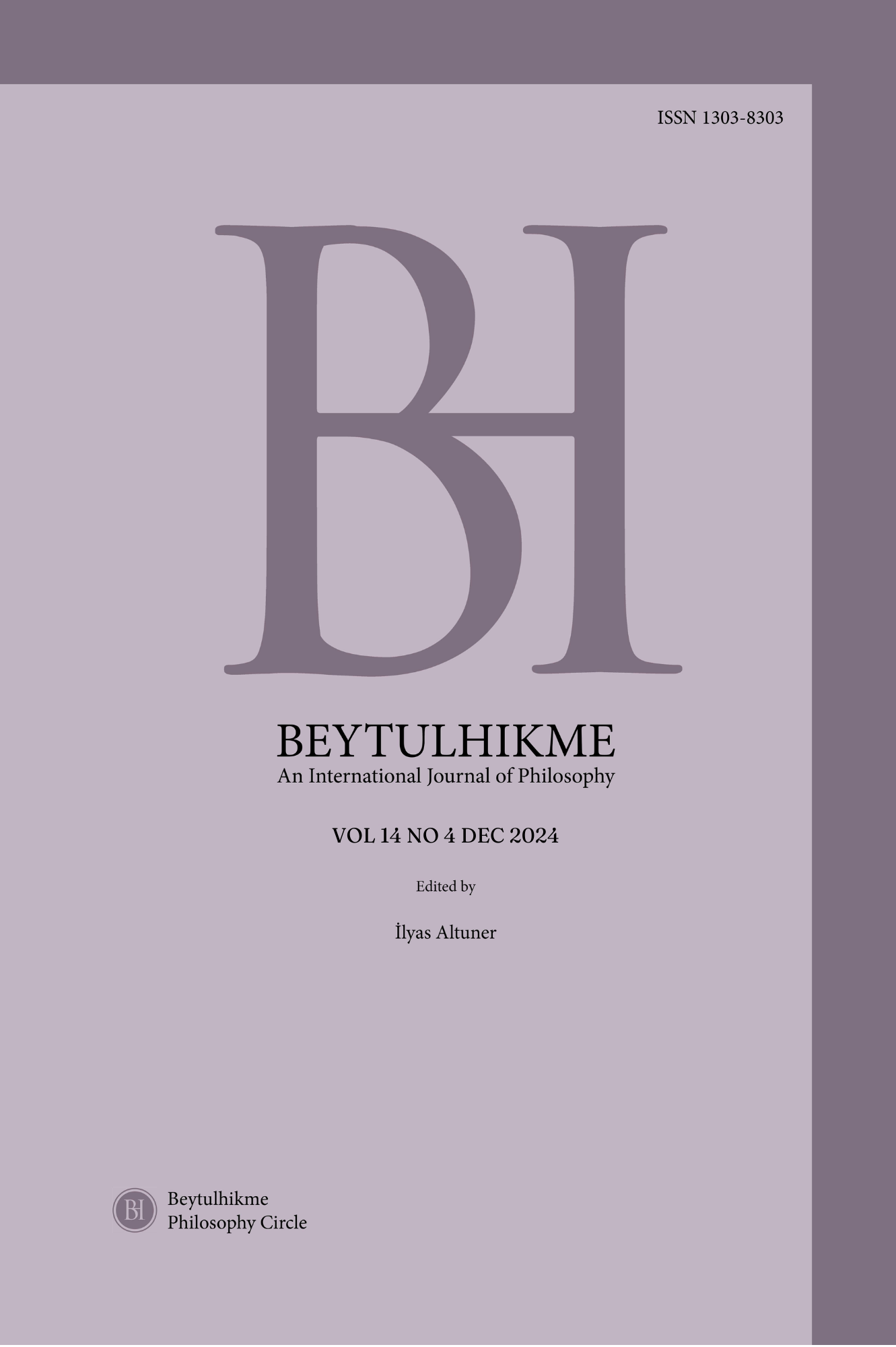Author :
Abstract
Transhümanizm, insanın biyolojik sınırlarını aşarak teknolojik gelişmelerden yararlanıp kendi evrimini sürdürme arayışını temsil etmektedir. Bu düşünce, yapay zekanın (YZ) gelişmesiyle insanın geleceğinde merkezi bir rol oynayacağına inanmaktadır. Bu makale, bu bakış açısıyla, YZ’nin etkisiyle ortaya çıkan transhümanist algının biyolojik insanlığın sonunu getirip getirmeyeceği sorusunu incelemektedir. YZ’nin giderek artan yetenekleri, insan benliğinin ve kimliğinin ne anlama geldiğine dair köklü bir sorgulamayı beraberinde getirmiştir. YZ insanın üst bilişsel süreçleri olarak bilinen karar verme, öğrenme ve problem çözme kapasitesini aşma potansiyeline sahiptir. Bu bağlamda transhümanist düşünce, insanlık için insanlığın bir sonraki evrimsel adımı olarak görülmektedir. Ancak bu evrimsel sıçrama, aynı zamanda biyolojik insanın ortadan kalkma riskini de beraberinde getirdiğine dair bir inanış gelişmektedir. Bu makale, bu süreci iki temel açıdan ele almaktadır: Birincisi, biyolojik insanın fiziksel varlığının yerini alabilecek olan teknolojik varlıkların yükselişi; ikincisi ise insan bilincinin dijital ortamlara aktarılması yoluyla biyolojik varlıktan bağımsız hale gelmesi durumudur.
Keywords
Abstract
Transhumanism represents the quest of humans to transcend their biological limitations and continue their own evolution by taking advantage of technological developments. This idea believes that the development of artificial intelligence (AI) will play a central role in the future of humans. From this perspective, this article examines the question of whether the transhumanist perception that emerged under the influence of AI will bring about the end of biological humanity. The increasing capabilities of AI have brought about a radical questioning of what human selfhood and identity mean. AI has the potential to surpass the decision-making, learning and problem-solving capacities known as human metacognitive processes. In this context, transhumanist thought is seen as the next evolutionary step of humanity for humanity. However, there is a growing belief that this evolutionary leap also brings with it the risk of the disappearance of biological humans. This article examines this process from two fundamental perspectives: First, the rise of technological entities that can replace the physical existence of biological humans; and second, the situation where human consciousness becomes independent of biological beings through the transfer of human consciousness to digital environments.





